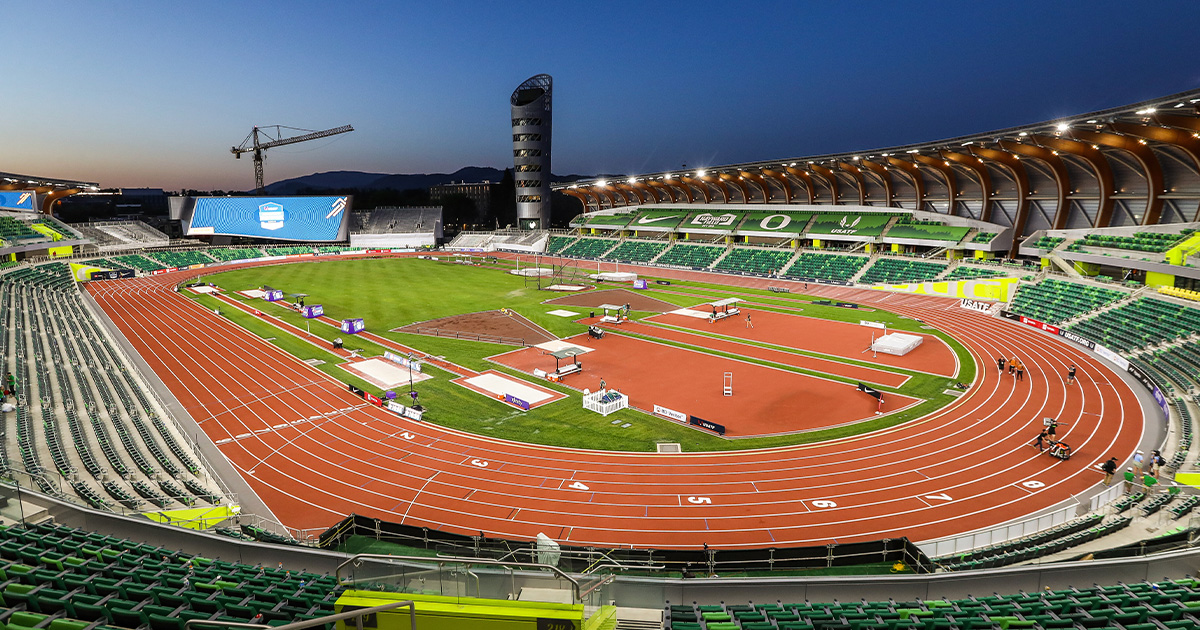The Russian government’s crackdown on foreigners in the country has intensified following a terrorist attack on a Moscow concert hall on March 22. The four individuals accused of the attack were identified as citizens of Tajikistan, a former Soviet republic in Central Asia, according to Russian authorities.
The Kremlin’s repression policy became apparent in the days following the attack, which caught Russian intelligence off guard and resulted in a crisis in their image. Shortly after the attack, around 40 migrants were arrested in an area 60 kilometers from Moscow, and reports emerged of attacks on a barbershop in Ivanovo where one of the alleged terrorists worked. This rise in xenophobic sentiment led to mass searches and charges for alleged violations of migration laws.
Since the attack in Moscow, nearly 500 people have been ordered to be expelled from the country, with immigrants primarily from Tajikistan, Uzbekistan, and Kyrgyzstan forming a significant portion of the population. In response to growing persecution, their home countries have advised citizens to avoid demonstrations and crowded events due to the risk of persecution or violence.
The measures taken by Putin are putting him in a delicate position as immigrants play an essential role in Russia’s job market, particularly during times of conflict. Putin is attempting to downplay the situation by maintaining national unity and a positive image of leadership representing Russia’s diverse ethnic groups. However, increasing persecution against foreigners is becoming more evident through baseless claims from officials about rising crime rates among immigrants and reports of ongoing racial profiling and unjust detention.
Human Rights Watch reports that persecution against foreigners has been common even before the March attack. They found that Russian police engaged in racial profiling against non-Slavic migrants and ethnic minorities subjecting them to unnecessary identity checks and prolonged detention. This systemic discrimination highlights the challenges faced by immigrants in Russia and emphasizes the need for greater protection of their rights and safety.
In conclusion, Putin’s efforts to maintain stability while dealing with foreigners are challenging as it places him at odds with international norms that require respect for human rights. The measures taken against immigrants have become more severe since the March attack on Moscow concert hall; however, there needs to be greater recognition that diversity is essential for Russia’s progress rather than something that needs eradication.



